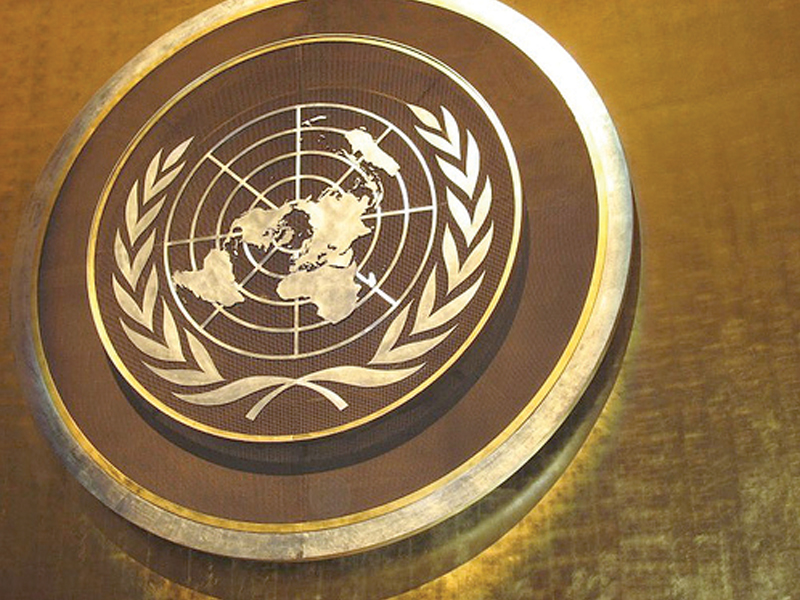
Sixty-six years since the independence of Pakistan, political parties are still coming up with tall claims that they will change the fate of common man. Though these parties could not complete their tenure on almost all occasions except for one, it is equally true that after coming to power they did very little for the betterment of people as well as the whole country.
It is observed that whenever the economy performed well in the past, it did not reflect any improvement in the social sector because of less attention of economic managers to this area.
Huge allocation for debt servicing and defence expenditure, other non-development spending and corruption left little for the social sector. Similarly, untargeted subsidies and cash grants did have little impact on developing the all-important social sector.
It seems that the people managing the economy just performed the assigned task to prepare the ground for obtaining foreign loans at the cost of social sector.
In the past, spending on major heads of the social sector like education and health barely touched 2% of gross domestic product. According to the Human Development Index 2013, Pakistan’s HDI ranking has dropped to 146th position in 2013.
When viewed in the context of the region, Pakistan stands at the lowest rank as according to the index the country spent 0.8% of GDP on health and 1.8% on education. In comparison, Bangladesh and India both spent 1.2% on health and 2.2% and 3.1% respectively on education.
Brazil, one of the top-performing countries in the index, spent 4.25% on health and 5.7% on education.
The low spending on education and health by Pakistan is not only a cause of concern, but most depressing is the fact that a major slice of this slender amount goes down the drain because of corruption and inefficiency.
Another hurdle that stands in the way of social sector development is inequality in income and wealth between the rich and poor, and the gap is still widening. According to the Human Development Index 2013, income inequality in Pakistan increased from 0.27 to 0.29 (Gini-coefficient) from 2000 to 2010.
Politics in the country is dominated by 100 families, which have influenced almost all institutions. This may be the main cause of the growing trust deficit in the system.
The unsatisfactory education and health spending requires that whoever comes to power it should devise a comprehensive social development strategy for the long term. This is the only way government can address people’s woes, otherwise lack of confidence in the system will increase over time and cause frustration.
The writer hosts business talk shows on FM 101 and Radio Pakistan and is pursuing M Phil degree in Economics
Published in The Express Tribune, May 13th, 2013.
Like Business on Facebook to stay informed and join in the conversation.




1730464033-0/BeFunky-collage-(12)1730464033-0-165x106.webp)












COMMENTS
Comments are moderated and generally will be posted if they are on-topic and not abusive.
For more information, please see our Comments FAQ